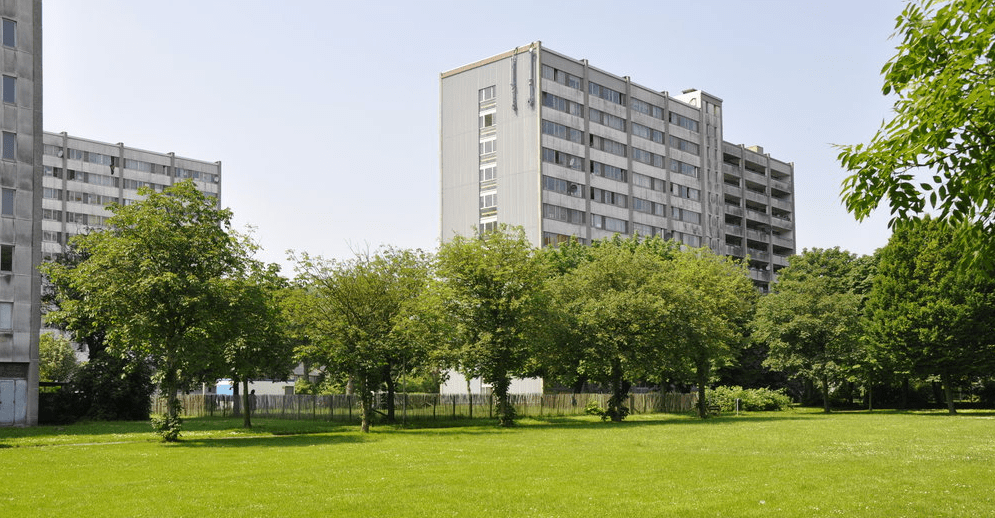Despite promises that it would not do so, the Flemish Government is set to transfer around half a billion euros to the private sector in the last ditch effort to boost the construction of social housing in the region, according to Flemish newspaper Nieuwsblad.
In total, 170,000 families in Flanders are waiting for social housing, but money to finance new building projects has yet to materialise. In 2021, the Flemish Government allocated €1.1 billion towards loans to social housing companies, but only 660 million was ever actually allocated.
In January, Flemish Minister of Housing Matthias Diependaele proposed that the government transfer the unused half a billion euros to the private sector, a proposition which was met with harsh criticism by both the government and the Flemish Parliament.
It now appears, however, that behind closed doors, Diependaele’s proposal was taken more seriously. Over the last few months, the ruling Flemish coalition has been looking for alternatives to speed up the construction of housing in the region.
New compromise with the private sector
On 24 June, the coalition government reached a consensus that they would begin financing private developers who build social or affordable housing. According to the government, this financial support will cater towards “mixed projects”, made up of at least one-third social housing and one-third affordable housing.
Rents for affordable housing projects will be capped at €900, or €1,000 in city centres. The project will ultimately allow for affordable rents at up to €200 less than the market average.
Developers will receive interest subsidies of 1% from the government, allowing developers to combine the loan with 1.5% rates from banks for a total 2.5% interest on returns. In exchange, the developers must list the properties through social rental agencies. Maximum interest rates will be capped to prevent private developers from making too much profit from the subsidies.
To qualify to rent these affordable properties, a maximum yearly income of €46,170 will apply. For single persons with one dependent child, or a couple without dependents, the maximum income is set at €65,960.
The budget for this project, the government announced, is €500 billion – the same as the proposed budget for the unpopular proposal made by Diependaele in January. The minister says that the only way to relieve the Belgium housing crisis is to increase total supply.
“By 2050, 400,000 new homes will have to be built in Flanders. So more social housing is needed but also more housing for people at the bottom of the private market- people who want to rent at €600-800,” the minister told Nieuwsblad.
Related News
- Over 70% of Belgian households own their home
- Brussels Government to make buying a primary residence cheaper
The minister says that the new proposal is not an attack on existing social housing companies, but that investment into these companies was not providing sufficient results. “That is why we are now asking the private sector to build social and affordable housing as well.”
In the remaining third of allocated space at new projects, developers will still be able to build expensive homes. The minister admitted that it would take time for the project to yield results, as it remains difficult to get permissions for new builds.
The Flanders Government is saying that the project ensures that money “does not flow away to the private market” as the funds will go directly towards the building of social housing.
Critics from the New Flemish Alliance (N-VA) party state that, while the funds are being used to build social housing, the resultant profits are only emboldening the private sector, which has previously failed to provide affordable housing in the country.

